Every good parent goes to great lengths to make sure their child grows up happy and successful. It turns out that friendship plays a key role not only in a person’s overall well-being but also brings satisfaction in people’s lives and even helps them live longer.
We decided to see what parents can do to help their children do well in this crucial sphere of life.
Types of Parenting Styles and Their Effects on Kids
Popularity Can Be Different
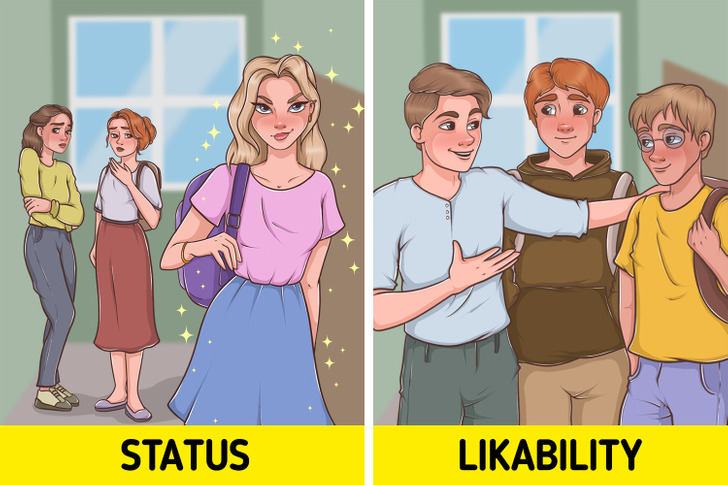
When we think of popularity in school, we tend to think of “nice guys” (think Regina George in Mean Girls), but that’s just one type— status. In trying to move up the school hierarchy, children and adolescents may engage in dangerous activities or be aggressive; Also, status-obsessed people can grow up to have relationship problems.
Another type of popularity is sympathy. According to psychologist Mitch Prinstein, children who are liked by others quietly lead, help others, and cooperate. That kind of popularity that’s built on good interpersonal relationships helps later in life: Research shows these kids earn more when they get older.
Think About Your Experience
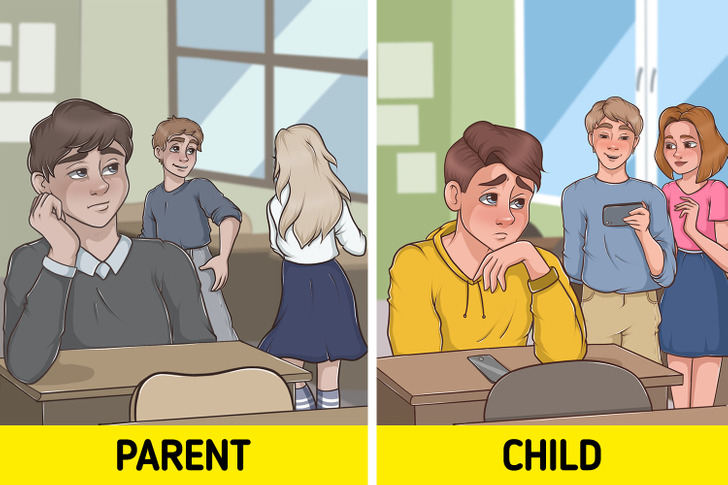
Parents can help their children to be more likable because this trait is developed largely through parenting style. First, remember your school years. If you have any unprocessed trauma, it can negatively influence your child.
Studies show that parents whose adolescence was marked by hostility don’t think much of their children’s relationships and don’t interfere when necessary.
What you can do: Analyze your relationships from childhood and adolescence. If you’ve been feeling lonely or anxious, be sure to process those feelings so they don’t interfere with the way you view your child’s friendships.
Careful With Criticism
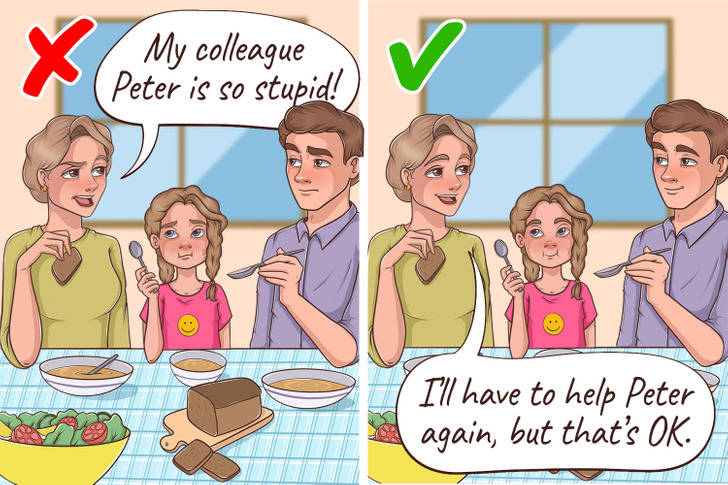
Being overly critical of your child can make them more aggressive and cause behavior problems. It also makes children less sympathetic to their peers because it negatively affects their relationships.
Since qualities like kindness and cooperation come from role models, it’s a good idea to show these patterns in the way you treat others.
What you can do: Try to manage your reactions as best you can when your child is around to avoid upsetting not only your child but also others.
READ RELATED: I love my partner but don’t want sex with him. Should I feel guilty about my 25 years of casual flings?
Emotional Control Is Key
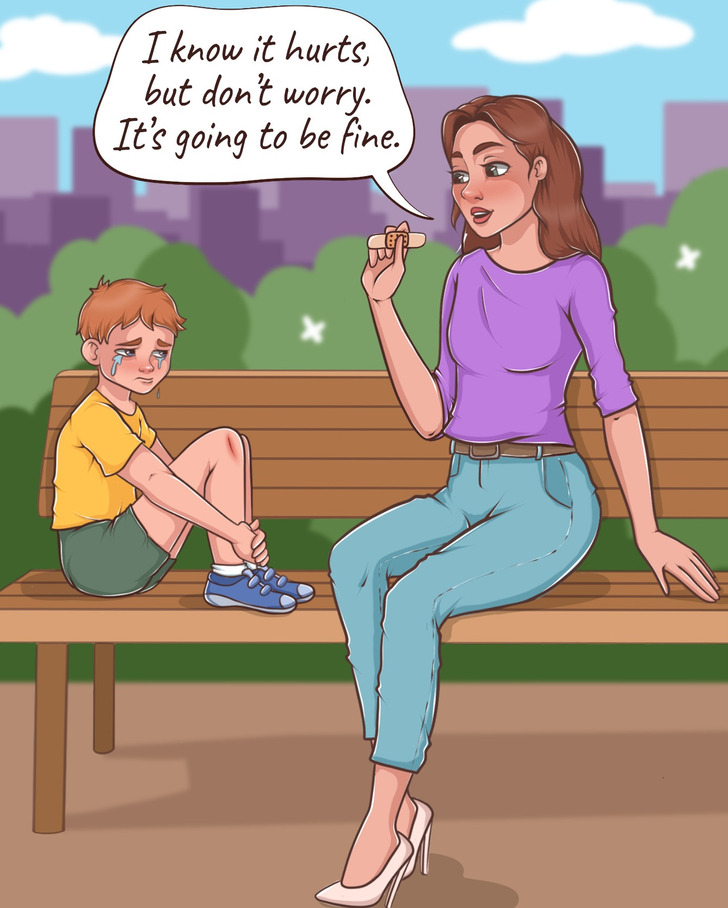
To have more meaningful friendships, a child must be able to control their emotions well. It is not about repressing them, it is quite the opposite, in fact. Children “act out” when they need to express something, but can’t.
Empathy is very useful here: in this way, a child learns that even if a feeling is not good, it is not dangerous, their parents are there to listen and help them.
What you can do: Do your best to make your child feel heard and help them deal with the emotions he experienced, especially the negative ones.
A Little Involvement Won’t Hurt
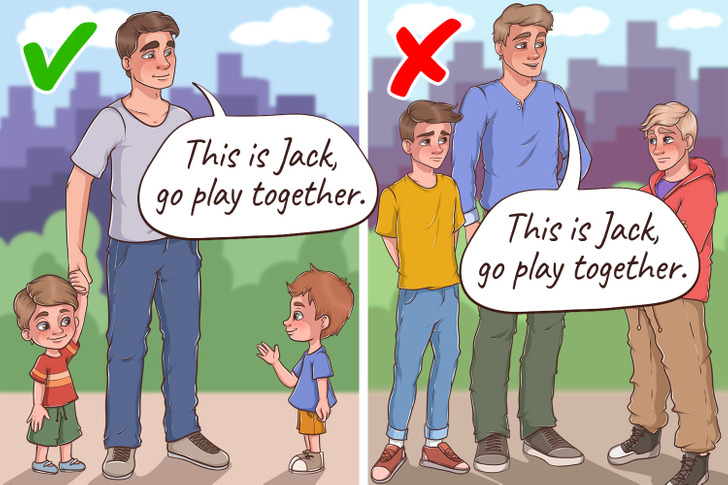
Studies have shown that parents’ involvement in their children’s friendships can have both good and bad results. For example, it’s a good idea to organize playtime for younger children, but as they get older, they’re better off managing their relationships on their own.
In general, research has shown that excessive psychological control can destroy children’s friendships.
What you can do: Help your younger children meet more friends, but try to interfere less and only if necessary as they get older.
Teach Them To Love Themselves First
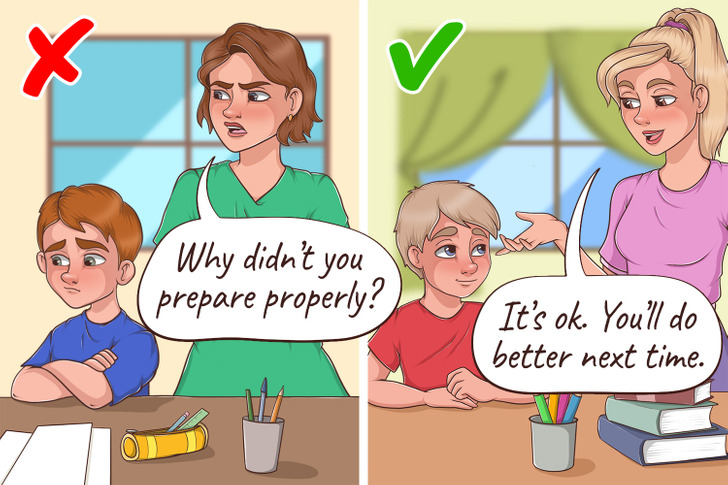
According to research, children’s self-esteem plays a key role when it comes to their popularity. Psychologist Mitch Prinstein believes that we must learn to react to bad things that happen in our lives, not by blaming ourselves (“I failed because I’m not smart enough”), but by the situation and circumstances (“I didn’t have enough time to prepare for the test”).
What you can do: Teach your child responsibility, but remember that always taking the blame is far from a healthy response to negative events.
What were your friendships like when you were a child? Has anything changed in your adolescence?
Source: crfatsides






